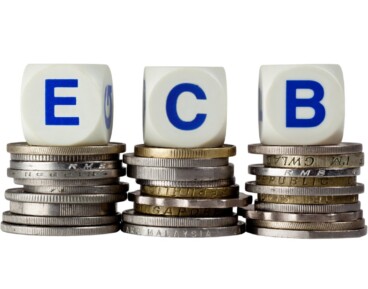German automotive industry at a crossroads
Kategoria: Business
This is how it’s going down in Greece right now. The sentiment is very Anti-German on the eve of the austerity/bailout decision. The debt haircut and writedowns coming of upwards of 50% is a default in everything but name. Technical default is a real possibility as well.
Willem Buiter at Citi has now raised estimates of the „Grexit”, Greek exit from the eurozone, to 50%. I agree with this assessment but see a Greek exit as inevitable.
Two months ago, I wrote:
It is becoming increasingly clear that convergence will never come to pass. The euro zone is unworkable. It needs tighter fiscal integration to succeed and it can’t have that unless it gets convergence. The Europeans are starting to recognize this and so breakup is now inevitable.
I don’t think the breakup would happen straight away because we are in a crisis and a breakup now would also lead to a significant economic depression. But the panic button to eject countries will soon be enshrined into law and the euro will no longer be a roach motel where countries check in but they can’t check out. Once the situation is stabilised, thoughts will turn to these issues.
Greece will not be a member of the euro zone for much longer. The writing is on the wall.



